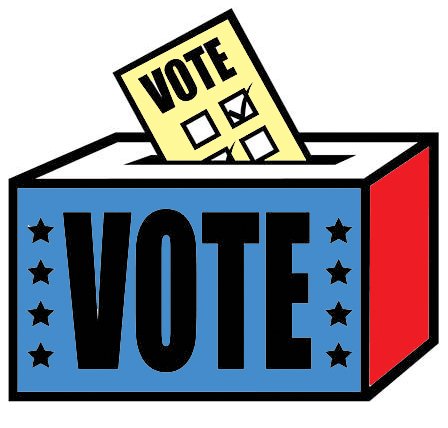
The Democratic National Committee (DNC) approved a proposal reordering the presidential primary calendar on Feb. 4, 2024. As the 2024 election season rolls around, heightened deliberation over the decision’s justification ensues. The new calendar places South Carolina first, followed by New Hampshire, Nevada, Georgia and Michigan. The Iowa caucus, held before any other primary for over five decades, has now been changed to an election via mail-in ballot, with the votes set to be counted on March 5.
The change marks an end to a tradition dating back to 1972, and many voters aren’t happy about it. Dissent goes beyond Iowans’ regret at losing their coveted election: politicians and constituents across the country see the policy change as a boundary that the DNC should not have crossed. According to the 2020 election results, states currently selected for the first primaries heavily favored the current president of the United States. The new schedule may thus be interpreted as a tactical approach by leaders to sway election results, setting an unsettling precedent for future primary election procedures.
Many DNC leaders have cited Iowa’s lack of diversity as the reason for the reordering: voters of color comprise much of the Democratic party, but the majority of Iowa’s population is white. Democrats believe that more diverse states better represent their party’s constituents, which makes sense when considering the party’s racial composition. That said, by entirely changing the schedule to be in disaccord with that of the Republican Party, the committee risks inducing conflict for independent and more moderate voters.
Arguably, the most controversial part of the policy is that, in the words of the Washington Post’s Philip Bump, “[it is] certainly a reflection of Biden’s own priorities, given what happened in 2020.” While it might seem as though this is inevitable due to the Democratic Party’s higher diversity as opposed to the makeup of the Republican Party, the states selected to be first specifically favor President Joe Biden over other Democratic candidates.
According to a recent New York Times article, South Carolina’s Democratic primary electorate is more conservative than the Democratic left of Iowa and New Hampshire despite the majority of voters choosing Biden in the 2020 primary elections. It becomes difficult to decipher whether the policy change intends to help early primaries better represent the Democratic Party, or better support Biden’s attempt at re-election.
South Carolina’s congressional Democrat Jim Clyburn has also publicly been working with the president. He said that Biden called after the discussion was finalized to inform him of his push to move South Carolina up in the schedule. A known supporter of Biden, Clyburn endorsed him in 2020 prior to South Carolina’s primary elections and before he was eventually victorious. South Carolina’s new spot in the election schedule could be seen as a political reward for past decisions in the same way Iowa and New Hampshire might be suffering for rejecting Biden in 2020.
Even if the new early primary states weren’t pro-Biden, and the bumped states weren’t so anti-Biden, the reordered caucus schedule poses complications for both constituents and state governments. Rural consciousness is a term coined by political scientist Katherine Cramer which refers to the perception that cities greatly exceed rural areas in terms of importance: the idea that “cities are where decisions are made, culture happens, and resources flow, and that rural communities are not in control of their own futures.” By taking away Iowa’s established importance in the election process, the policy change heeds this idea.
Still, the mostly-rural state isn’t going down without a fight. Iowa Democratic Party officials have discussed the possibility of holding an unsanctioned early caucus instead of the mail-in ballots. The policy states that if a state does not comply with the schedule, it forfeits half its delegates at the Democratic National Convention. Still, Dave Nagle, Iowa Democratic Party Chair has previously said the penalty won’t stop them from holding their caucus.
Additionally, an article published by the Associated Press states that other states have also vowed to ignore the schedule changes altogether. The fact that states aren’t afraid to revolt against the approved proposal is indicative of conflict within the party between individual states and the DNC. Such public displays of dissidence pose concerns for the DNC regarding unity, compliance and efficacy for the future.
Other drawbacks to the reordering include bureaucratic complications for this year’s elections and those in the coming years. If Democrats permit states to postpone their primaries, those states might fail to comply with the Republican National Committee’s rules. The proposal also included a provision for the calendar to be reviewed every four years, which means these discrepancies will be revisited and potentially enhanced each time debate ensues. By changing the primary schedule, the DNC has upended a system that has proved effective for the past five decades. This decision has opened the door for confusion, chaos and corruption.
Lindsey Osit, FCRH ’24, is a journalism major from South Windsor, Conn.








































































































































































































